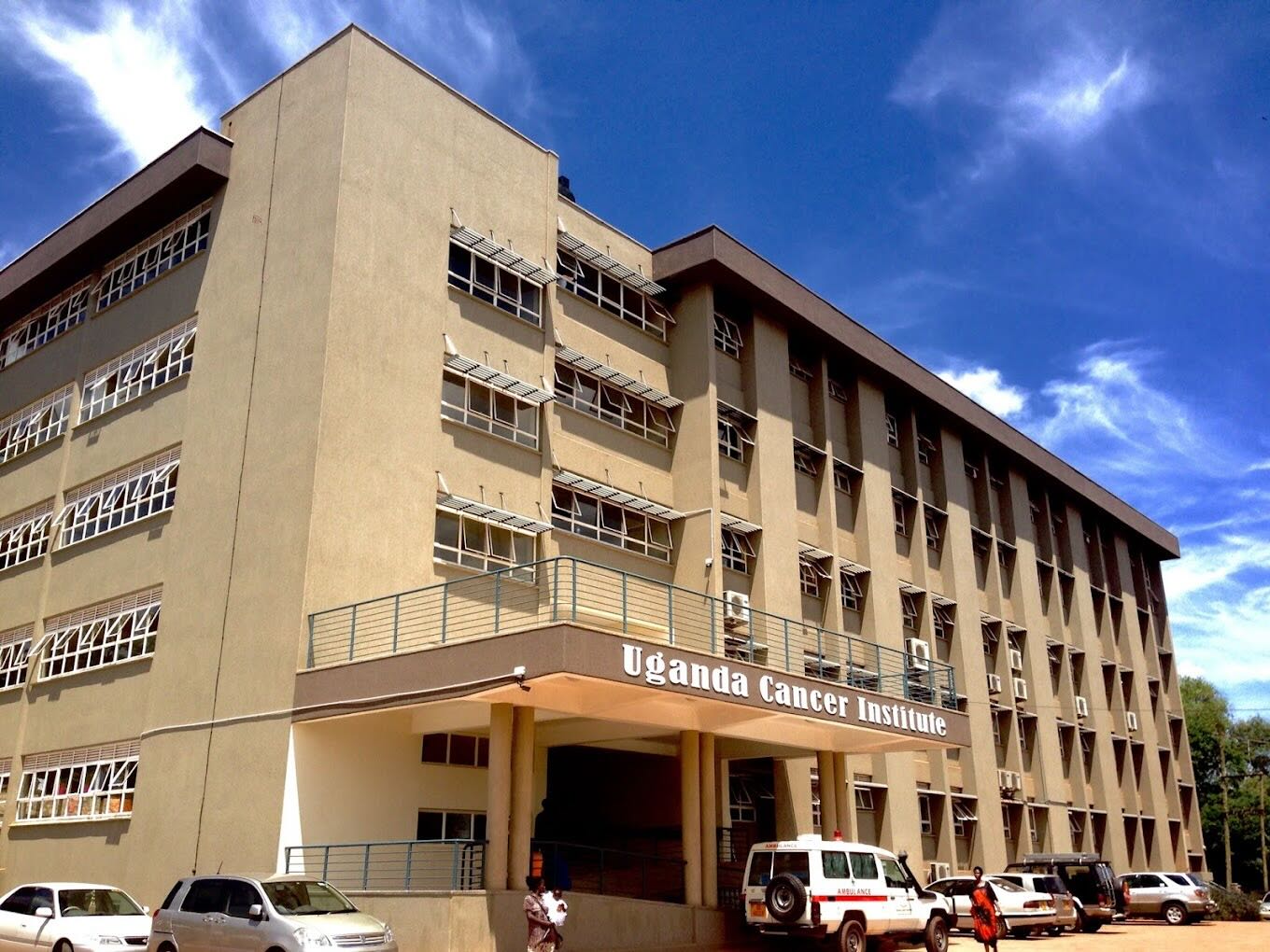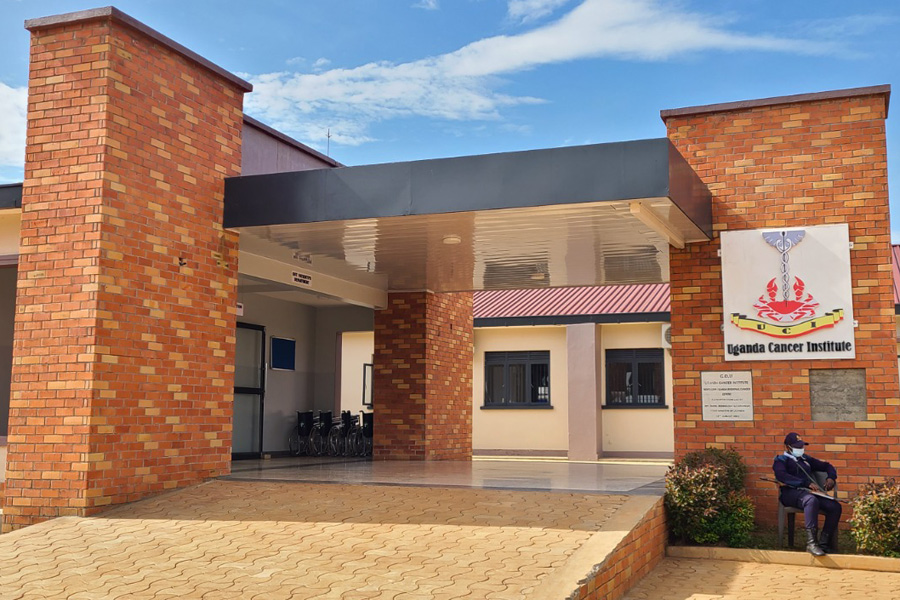Uganda Cancer Institute Transforms Cancer Care with Nationwide Expansion

In a remarkable development for healthcare in East Africa, the Uganda Cancer Institute (UCI) has announced significant achievements in its mission to revolutionize cancer care across the nation. The Institute has embarked on an ambitious expansion program that includes establishing regional cancer centers, deploying cutting-edge treatment technologies, and advancing critical research initiatives.
Bringing Cancer Care Closer to Home
One of UCI’s most impactful initiatives has been the establishment of regional cancer centers strategically positioned throughout Uganda. These centers are dramatically reducing the need for patients to travel long distances to Kampala for treatment—a journey that has historically presented significant barriers to care for many Ugandans.
The UCI Northern Uganda Regional Cancer Center in Gulu is already fully operational, offering comprehensive services including cancer diagnostics, oncology imaging, surgery, chemotherapy, and palliative care. This facility has become a lifeline for patients in the northern region who previously faced challenging journeys to receive treatment.

Further expansion is on the horizon, with construction of new regional centers planned to begin in the 2025/26 fiscal year in Arua (West Nile region), Mbarara (Western Uganda), and Mbale (Eastern Uganda). When completed, these facilities will form a nationwide network ensuring that quality cancer care is accessible to all Ugandans, regardless of their location.
Cutting-Edge Technology Enhances Treatment Options
The Institute has made substantial investments in state-of-the-art equipment that places Uganda at the forefront of cancer treatment in East Africa. Linear accelerators (LINACs), considered the global gold standard for radiation therapy, are now available at UCI, enabling high-precision treatments for breast, prostate, and head and neck cancers while minimizing damage to surrounding healthy tissues.
In an exciting development for early detection capabilities, UCI has commissioned a SPECT CT scanner and is constructing a PET facility as part of its molecular imaging center. These advanced diagnostic tools enable physicians to detect cancer before symptoms appear, significantly improving chances for successful treatment.
Dr. Nixon Niyonzima, Head of Research at UCI, emphasized the importance of these technological advancements: “Early detection is crucial in the fight against cancer. With these new molecular imaging capabilities, we can identify cancers at their earliest stages when treatment is most effective.”
Pioneering Research and Personalized Medicine
UCI’s investment in modern pathology laboratories and genomic research is paving the way for personalized cancer treatments tailored to individual genetic profiles. Researchers at the Institute are identifying genetic and molecular factors contributing to cancer in the Ugandan population, work that promises to improve treatment efficacy while reducing side effects.
The Institute’s commitment to genomic medicine represents a significant step forward in understanding cancer development patterns specific to East African populations—research that has historically been underrepresented in global cancer studies.
Specialized Care for Pediatric Patients
Children with cancer in Uganda now have access to specialized care through UCI’s dedicated pediatric oncology unit. Staffed by highly trained pediatric oncologists supported by multidisciplinary teams, the unit offers specialized treatment for leukemia, lymphomas, and solid tumors.
Beyond treatment, UCI has developed a comprehensive survivorship care program providing long-term follow-up for children who have completed cancer treatment. This program monitors for potential recurrences and addresses late effects of cancer therapies, ensuring survivors can lead healthy lives after treatment.
National Strategy for Cancer Control
UCI’s achievements align with Uganda’s National Cancer Control Plan (NCCP), established in 2024. This strategic framework addresses the rising cancer burden in Uganda through prevention, early detection, treatment, and palliative care initiatives.
“The UCI’s expansion represents a turning point in cancer care for Uganda,” noted Christine Namulindwa, Public Relations Officer at UCI. “By bringing advanced treatment options closer to communities and investing in cutting-edge technologies, we’re not just treating cancer—we’re transforming how cancer care is delivered across the country.”
As UCI continues to expand its facilities and capabilities, its leadership in advancing cancer care extends beyond Uganda’s borders, setting new standards for cancer treatment across East Africa and offering hope to countless individuals and families affected by cancer.
For more information about the Uganda Cancer Institute and its services, visit www.uci.or.ug

